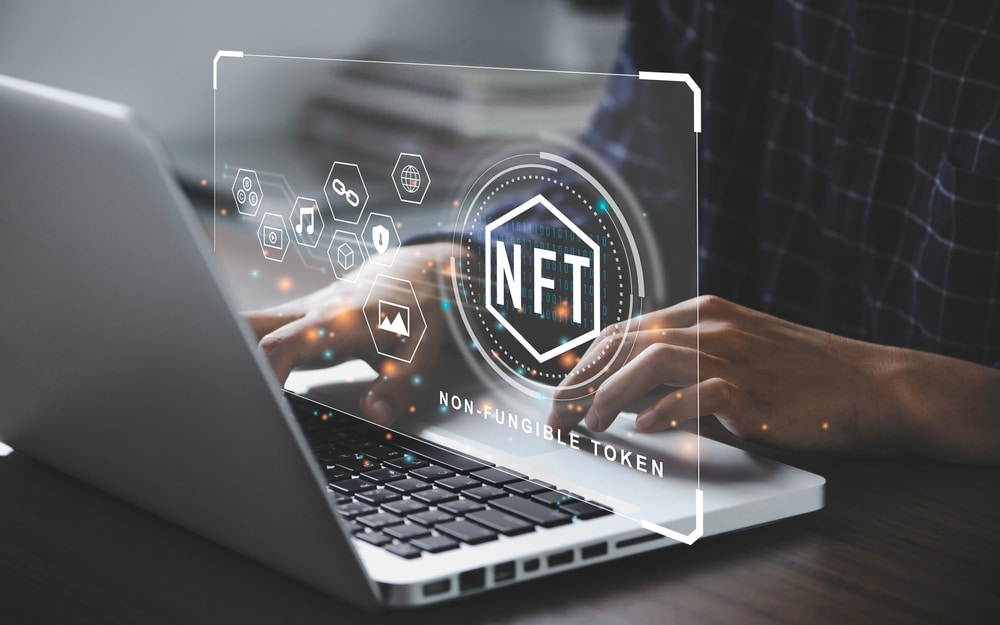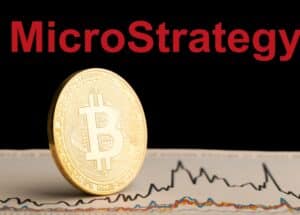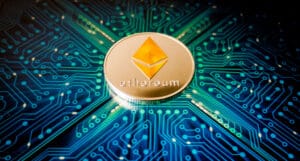
US Copyright Office Reveals IP Violation Prevalent in NFTs, New Regulations Unnecessary
The United States Patent and Trademark Office and Copyright Office mutually deduced that current IP regulations should cover upcoming technologies like NFTs.
According to a United States government report, altering the nation’s intellectual property (IP) guidelines is unnecessary. This is despite IP violations and privacy prevalent in nonfungible token (NFT) marketplaces.
Non-Fungible Token Technology Inadequate to Avert Illicit Copying
On March 12, the United States Copyright Office and Patent and Trademark Office (USPTO) finalized a joint study emphasizing intellectual property law and policy consequences concerning nonfungible tokens.
It was established that nonfungible token technology cannot avert illegal copying. Besides, trademark misutilization and violation are predominant in nonfungible token marketplaces.
The NFTs’ anonymous and decentralized nature and the decentralized condition of the blockchain networks complicate trademark enforcement interventions. Despite the discoveries, the agencies failed to believe that revisions to IP regulations ‘are critical or prudent.’
The report notes that to the level a nonfungible token comprises or connects to a copyrighted work’s unapproved copy, the making and marketing of that NFT will similarly violate copyright law as other unapproved displays or reproduction.
The report also identified enforcement tools to address NFT-associated contraventions like other online violations.
Kathi Vidal, Secretary of Commerce for Intellectual Property and USPTO Director, noted that nonfungible tokens provide exceptional opportunities for developers to exploit their intellectual property rights. However, they also present more challenges in maintaining their work’s security.
Consumers Misunderstanding Smart Contract Status and Intellectual Property Rights
Consumer misunderstandings regarding intellectual property rights and smart contracts’ legal status were raised. Nevertheless, it was deduced that the concerns would be better solved using consumer protection and education instead of changes to intellectual property law.
The report stated that despite the absence of explicit proposals for utilizing nonfungible tokens or blockchain technology in United States trademark and patent registration, their potential will continue to be explored.
The study and report were made following a request by an intellectual property subcommittee of the United States Senate Judiciary Committee in 2022.
Nonfungible token markets have not recovered despite surges in Ether prices. Some of the leading collections’ floor prices kept falling, with sales volume data indicating an estimated 22% reduction within a week.




